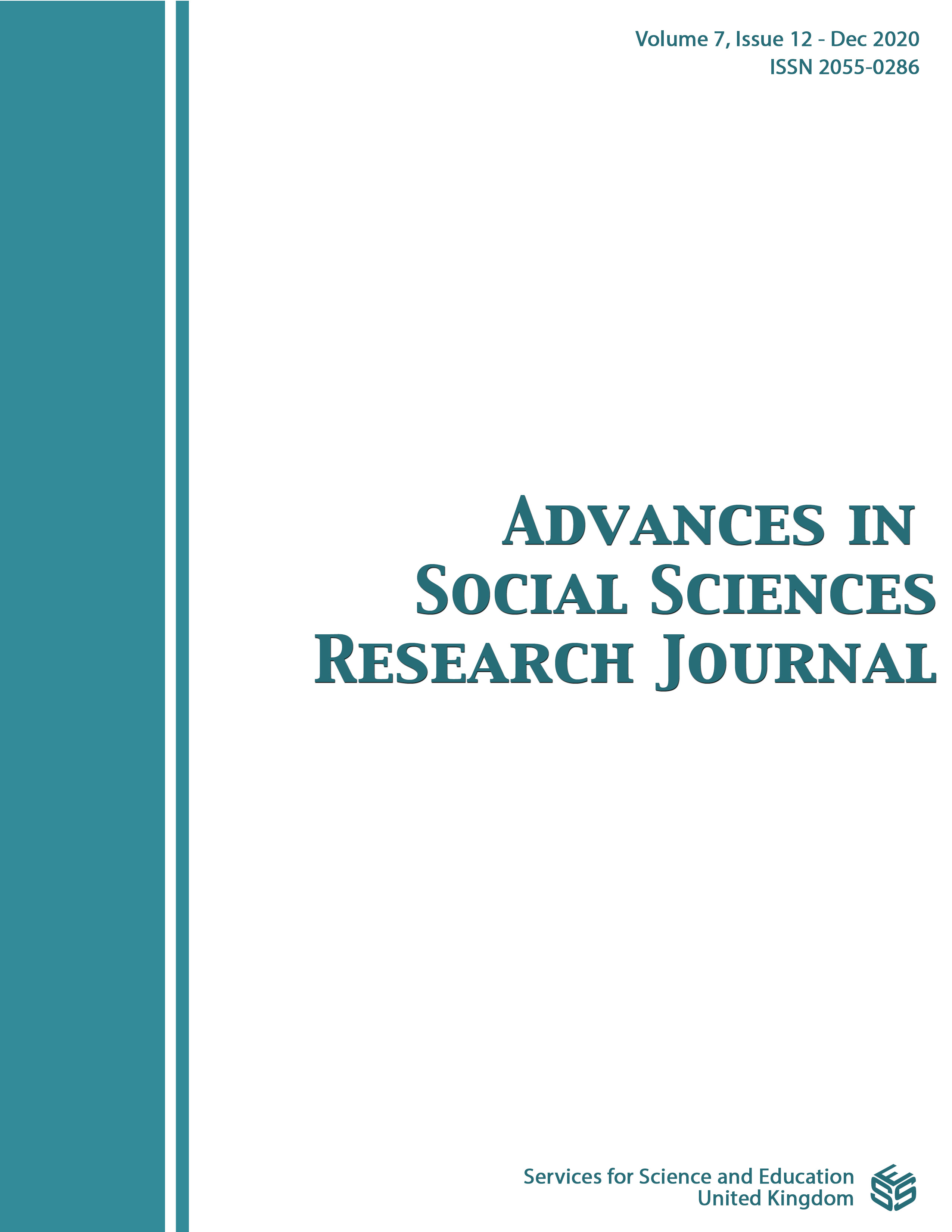Social housing for urban households sheltering children responsible for the "kuluna" and "black babies" phenomena in Congo Brazzaville.
DOI:
https://doi.org/10.14738/assrj.712.9541Keywords:
Kuluna, Black babies, Street children, Urban households, Social housing, Congo.Abstract
Housing as a place where household members spend about half (12 hours) of their daily time, including six to eight hours in sleep, is one of the essential conditions in the fight against poverty and precariousness. The current Congolese urban environment is facing serious problems: small plots of land, lack of suitable housing in relation to the size and composition of households, overcrowding, and water and electricity supplies. This situation is becoming critical with the appearance of deviant behavior among children aged between 10 and 30. The government and its development partners have demonstrated their powerlessness face to this situation, leaving thousands of children on the streets without education or family warmth to form real criminal gangs. These street children have created the phenomena of "kuluna" and "black babies". It has been shown that these one act in this way for their survival, claiming their rights. In this study, we find innovative proposals to provide households sheltering adulterine and adoptive children with low-cost social housing, in order to restore the image of the head of the household and provide the children with a pleasant space for their physical, economic, cultural and spiritual development. This will undoubtedly help to find solutions to the problems facing children and indeed Congolese society as a whole today. The study revealed that if the government does not take practical measures in response to the phenomena created by wayward children, especially "black babies" and "kuluna", there will be a massive adherence of other children, especially the adulterine and adoptive ones. There will be a risk of the phenomena will to be exported to rural areas. The study recommends a "State - Household" partnership in the manufacture of new types of urban housing for households housing children likely to integrate or create gangs, jeopardizing social order and public security.
Downloads
Published
How to Cite
Issue
Section
License
Authors wishing to include figures, tables, or text passages that have already been published elsewhere are required to obtain permission from the copyright owner(s) for both the print and online format and to include evidence that such permission has been granted when submitting their papers. Any material received without such evidence will be assumed to originate from the authors.






